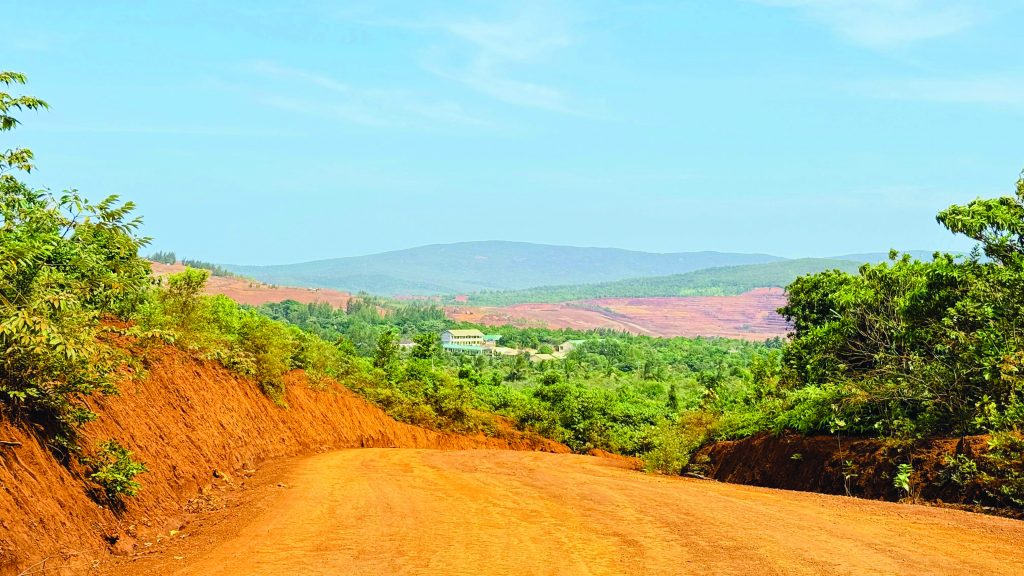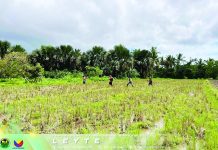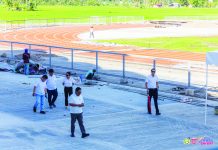Warns destructions to environment, communities

TACLOBAN CITY – Nearly the entire Homonhon Island in Guiuan, Eastern Samar—best known in history as the landing site of Portuguese explorer Ferdinand Magellan in 1521—has been placed under mining contracts, sparking renewed opposition from both the Church and the province’s lone district Representative Christopher Sheen Gonzales.
In his first privilege speech before the House of Representatives on September 1, Gonzales revealed that of Homonhon’s 7,400 hectares, about 6,489 hectares are already covered by mineral production sharing agreements (MPSAs) granted to five mining companies.
He warned that such large-scale extraction threatens not only the island’s fragile ecosystem but also the survival and livelihood of its communities.
“If the whole island can be mined, what space remains for the people? For their farms? For their homes? For their children’s future?” Gonzales asked, emphasizing that economic growth should not come at the cost of environmental destruction and community welfare.
The lawmaker lamented that while mining revenues contribute to national coffers, residents of Homonhon bear the burden of environmental degradation with little to no share in the supposed economic benefits.
“Bakit nanatiling dayuhan sa kanila ang mga biyayang dapat sana’y kaakibat ng sakripisyo at pagdurusang kanilang pinapasan?” he said.
Gonzales cited the Philippine Mining Act, which requires resource utilization to balance development with environmental protection. “Sadly, mining in Homonhon is a repeated violation of the law. There is no accountability from these mining companies,” he added.
The main operators on the island include Emir Mineral Resources Corp., Global Min-Met Resources Corp., Verum Terra Geoscience Inc., Techiron Resources Inc., and Cambayas Mining Corp., which primarily extract nickel and chromite.
Gonzales echoed these concerns, questioning the “meager” social responsibility initiatives of the mining firms, which he said have failed to bring meaningful change to the lives of island residents. He called for the rehabilitation of mined-out areas and the introduction of alternative livelihood programs.
“Mahal ko pa ang mga tao sa Homonhon,” he stressed, vowing to stand with islanders in their call for just and sustainable development.
“The people of Homonhon deserve true development that protects their rights and secures their future. The legacy we must leave behind is one of care, accountability, and lasting hope,” Gonzales concluded.
His privilege speech has been referred to the House Committee on Rules for appropriate action.
JOEY A. GABIETA



